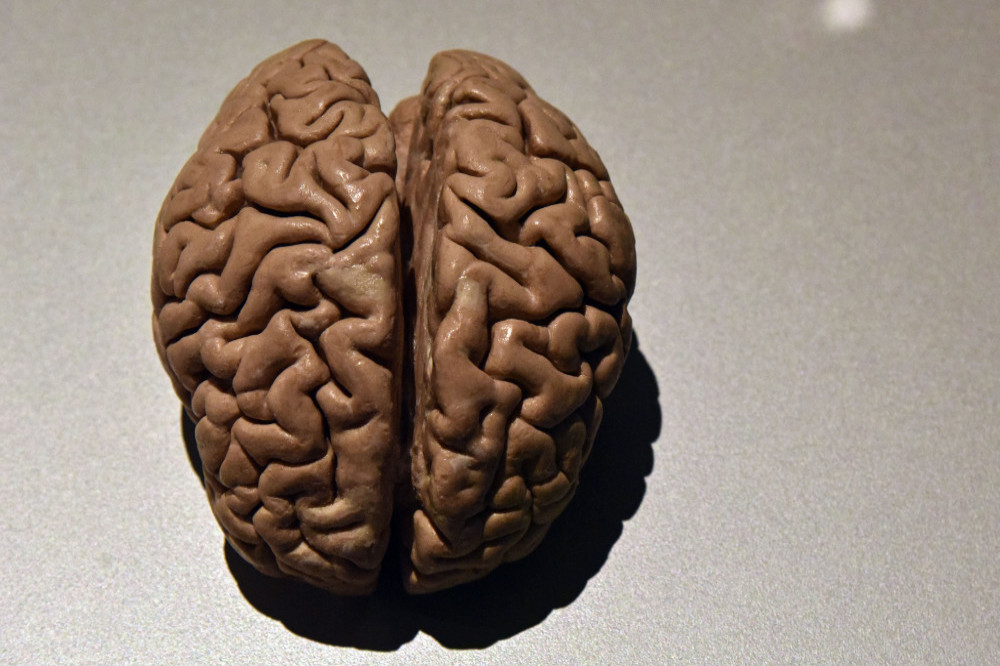A hormone that is already produced by the body could halt early-stage Alzheimer's disease.

A common hormone may be able to halt early-stage Alzheimer's
Experts at the University of Dundee have discovered that a small part of leptin - which is released by fat cells and is involved in the regulation of appetite - reduces the effect of two toxic proteins in the brain known as amyloid and tau.
A build-up of the proteins causes plaque and tangles around the brain cells, causing memory loss and the development of Alzheimer's.
Professor Jenni Harvey, leader of the research, said: "We're working at the level of synapses which are the communication points in the brain because synapses are affected early in the disease process, when Alzheimer's is still reversible.
"Our research shows that leptin could significantly slow, or even stop, the disease developing.
"We have found that applying leptin can block the ability of amyloid and tau to interfere with synapses and memory loss, and it can prevent the unwanted effects of these cellular changes."

